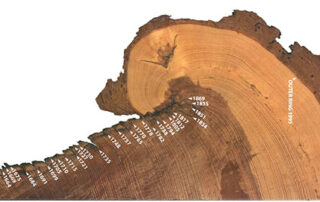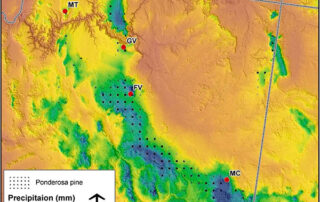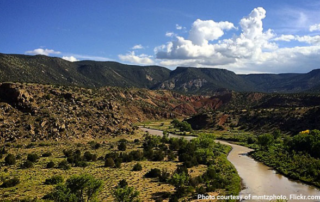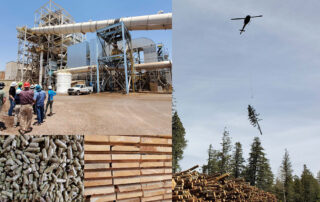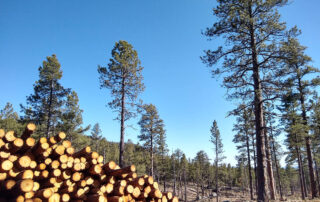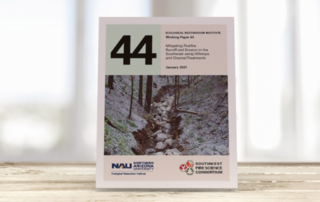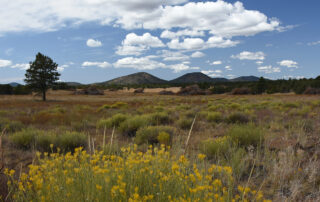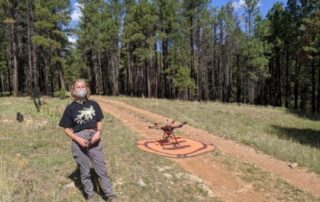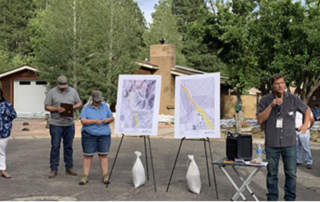Science Flash September 2021: State of the Science on Western Wildfires, Forest Management and Climate Change
A new set of papers reviews the established science on wildfires and forest management. In the three papers, the authors—which include several ecologists from the ERI and NAU’s School of Forestry—summarized more than 1,000 published papers [...]



